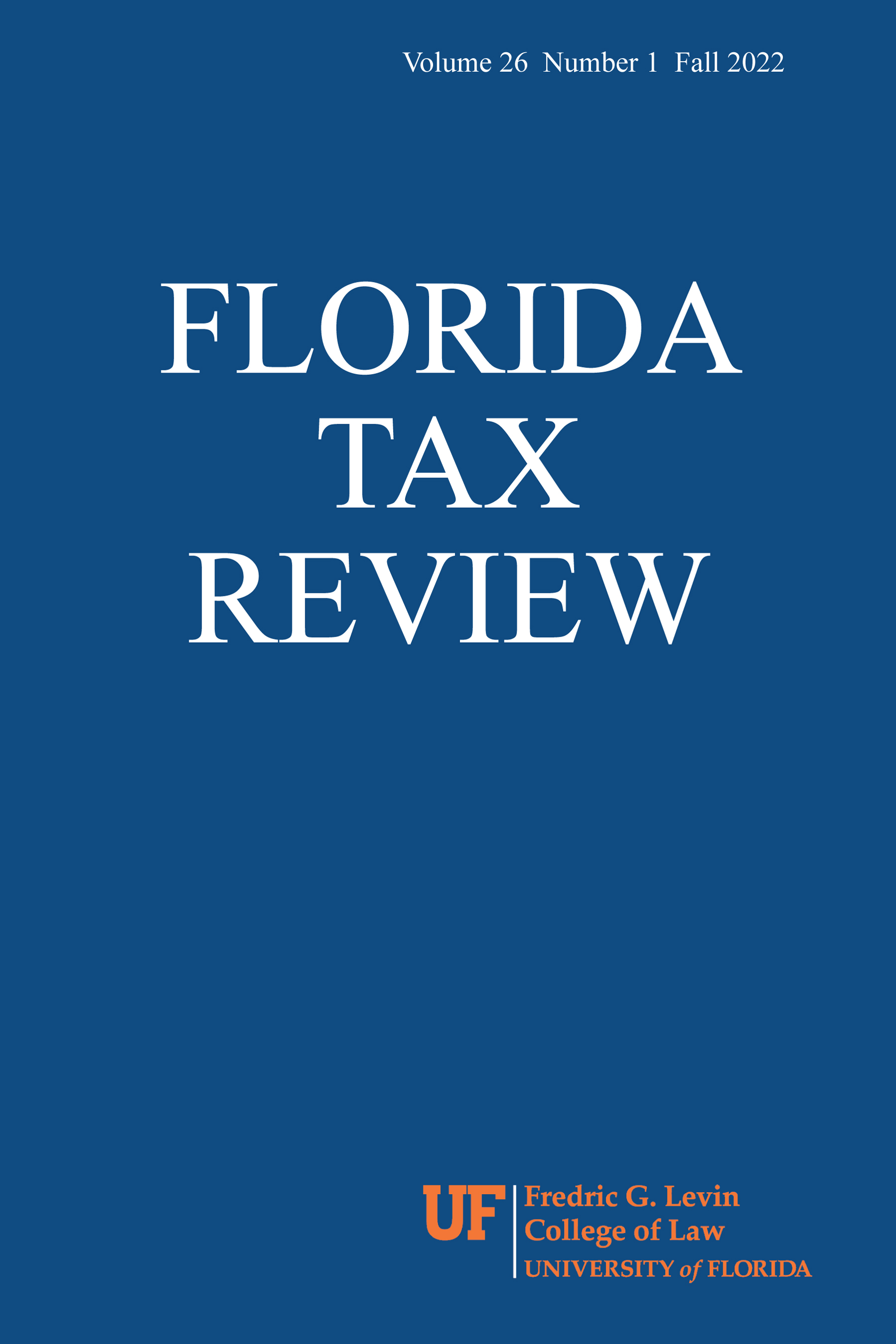The Dubious Constitutional Origins of Treaty Overrides A Response to Rosenbloom and Shaheen
Main Article Content
Abstract
In 1888, the Supreme Court decided a case called Whitney v. Robertson, which is generally considered to be the source of the proposition that, under the Constitution, later-in-time statutes can override earlier treaties (the Rule). The Rule is highly controversial because it violates articles 26 and 27 of the Vienna Convention on the Law of Treaties (VCLT), which the United States has accepted as binding on it as customary international law (CIL). Despite that, the United States has since Whitney routinely engaged in treaty overrides, and the Court has repeatedly endorsed the Rule even while narrowing its application to cases where Congress has clearly expressed its intent to override.
Despite the common consensus, the statement of the Rule in Whitney was dicta since the Court held that the later statute did not conflict with the earlier treaty. So, when did the Court state the Rule as a holding that can be relied upon when Congress enacts legislation that purports to override treaties? The answer is that the Rule is based not on the Constitution (since the Supremacy Clause says nothing about the relationship between treaties and statutes) but on two old cases from 1870 and 1884, both of which related to disfavored groups: Cherokee Tobacco (Indians) and Head Money (Jews). This Article argues that the Rule is not needed as a constitutional matter. Outside the tax area, the courts will interpret later statutes as overriding earlier treaties only if Congress makes its desire to do so explicit, but when it does, then the courts will defer to it regardless of the VCLT because CIL in the United States is limited to situations where Congress has not spoken, and because courts respect the explicitly expressed will of Congress and follow the later-in-time principle as a matter of statutory interpretation. There is no need to rely on the Constitution for this outcome, nor for avoiding treaty overrides where Congress has not been clear because that result follows from an application of the lex specialis canon (i.e., that a more specific law (the treaty) overcomes the more general one (the generally applicable statute) even when the statute is later in time). In the tax area, Congress codified the Rule in 1988 as section 7852(d) of the Code, and in that context made it clear that later-in-time tax statutes can override earlier tax treaties even when there is no clear statement of congressional intent. This exception has implications involving hundreds of billions in tax revenue.
Given this outcome and the dubious historical origins and doubtful Constitutional basis for the Rule, the Court should overrule Cherokee Tobacco and Head Money and leave the issue of overrides to Congress.

